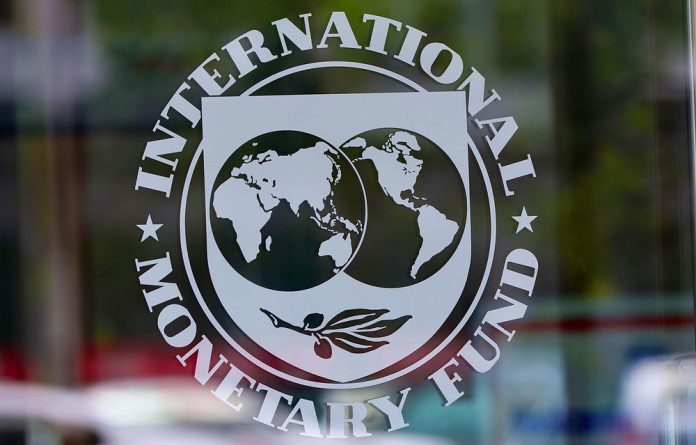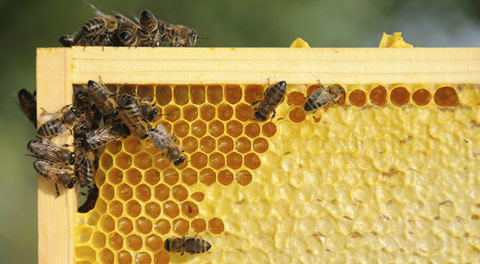Zimbabwean beekeepers have failed to supply an order for honey and its other products from a Bulgarian company due to low production levels and technology used, an official said on Friday.
Beekeepers Association of Zimbabwe Trust (BKAZT) national programmes director Chaipa Mutandwa said the Bulgarian company had ordered large quantities of natural honey, bees wax and propolis (plant resin which bees use to sterilise their hives thanks to its antibiotic properties). Mutandwa said demand for honey on the local market was outstripping supply resulting in very little left for export.
"We are sitting on an order from a Bulgarian company for pure or raw natural honey, beeswax and propolis which we have failed to supply," he said.
In the order emailed to BKAZT which New Ziana saw, Emil Hoseyni of the Royalbees, Bulgaria, said his company exported to all European Union countries as well as to the Middle East and Russia.
"We are searching for high quality natural bee products. If we like the quality and price we can buy all the quantity which you can prepare," said Hoseyni.
"We have very strong partners from the EU and we buy most of the bee product which Bulgarian beekeepers produce, so I am sure we can help each other very well," he added.
Hoseyni requested the BKAZ to send prices per kilogramme in the national currency for each product which it could supply.
"If your company or organisation is non-profit making only for helping beekeepers or traders in your country, please resend my email to reliable partners in your country," he said.
Mutandwa said the BKZAT was unable to supply the international market since it was struggling to meet domestic demand. He said lack of support from the Government and financial institutions was preventing the industry from growing. Mutandwa said when well supported, the beekeeeping industry could contribute significantly to the growth of the economy and become a source of livelihood for many people.
"In Zimbabwe beekeeping can be a profitable venture if well managed, given the abundance of wild colonies and lengthy seasons that encourage production," he said.
He noted that one beehive produced an average of 12 kg of honey, which when decanted produced 24 bottles weighing 500 grammes each. With a 500g bottle of honey selling at $4 each, a farmer can earn $96 from one beehive. Input costs are relatively low, amounting to less than 50 percent of the income generated, making beekeeping a thriving business that can contribute invaluably to household income. There is, however, a need for farmers to shift from the traditional log and bark hive method which is destructive to new technologies such as the top bar and Lang troth hives.
Honey bee populations have declined sharply worldwide in the past 10 years due to a number of factors including climatic changes and human intervention, contributing to a global shortage of honey. Also known as apiculture, beekeeping has the potential to uplift livelihoods of rural communities as well as protect trees, ultimately contributing to protection of the planet earth.
- New Ziana
 Mutodi apologises to Guvamatanga
Mutodi apologises to Guvamatanga  South African ambassador falls to death from Paris hotel room
South African ambassador falls to death from Paris hotel room  India dumps US Treasury bills
India dumps US Treasury bills  Zimbabwe's dollar stock exchange surges 45%
Zimbabwe's dollar stock exchange surges 45%  Gold edges up as traders await guidance
Gold edges up as traders await guidance  Zimbabwe gold prices move to 118.26 per gram
Zimbabwe gold prices move to 118.26 per gram  Young Investment Professional (YIP) Graduate Programme 2019
Young Investment Professional (YIP) Graduate Programme 2019 











 Young Investment Professional (YIP) Graduate Programme 2019
Young Investment Professional (YIP) Graduate Programme 2019
Editor's Pick